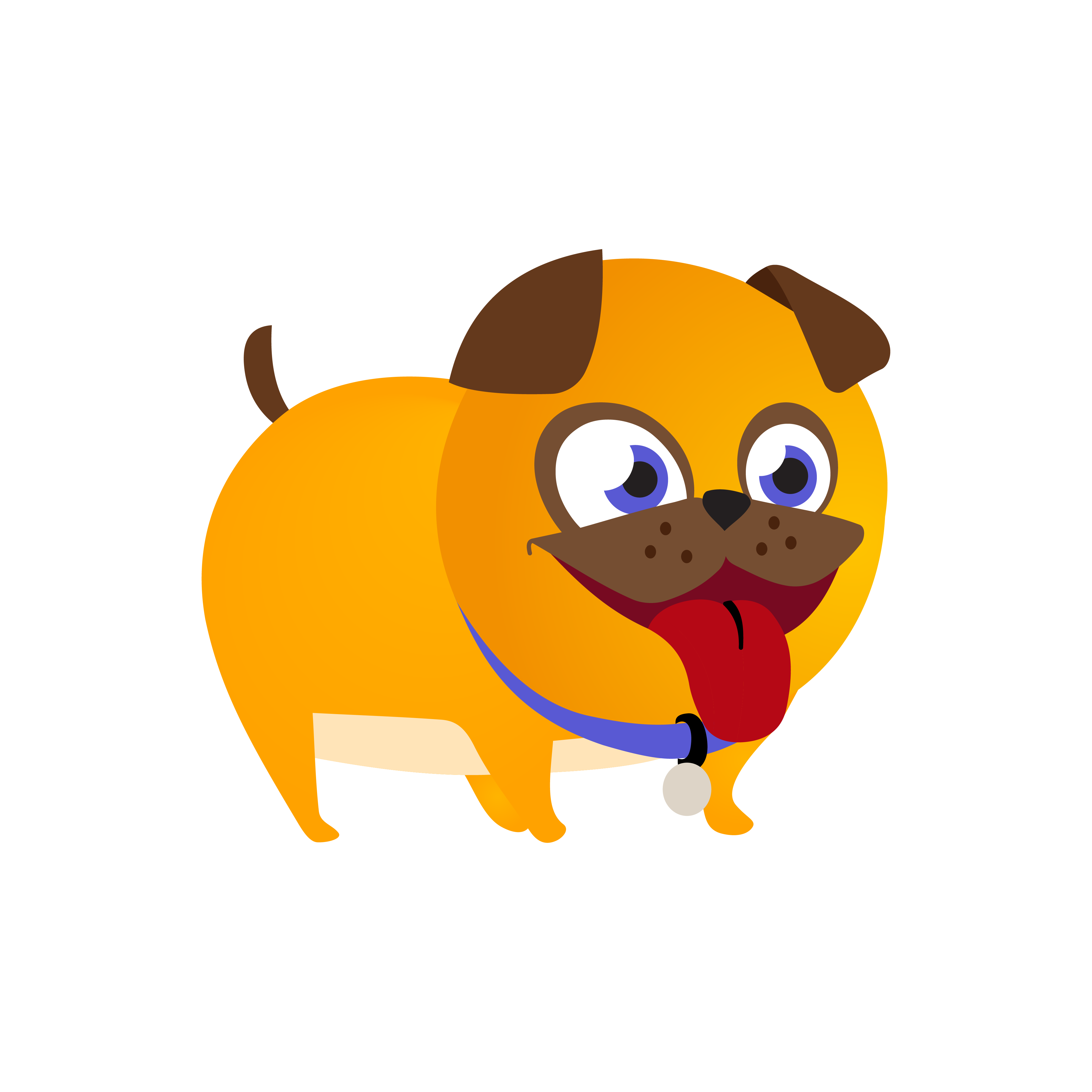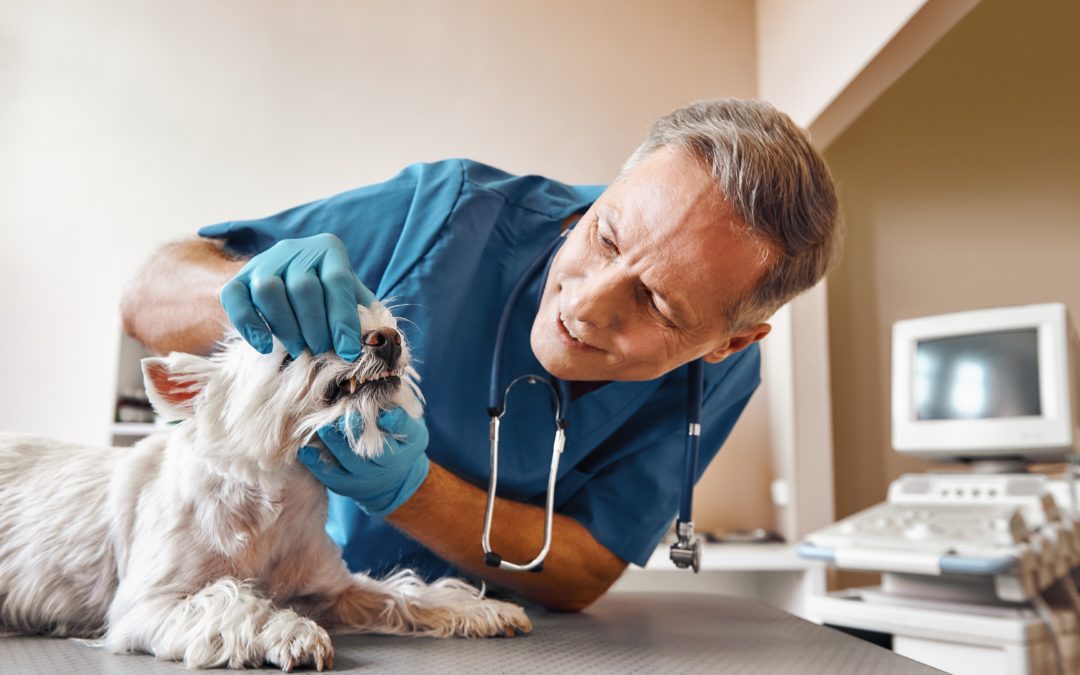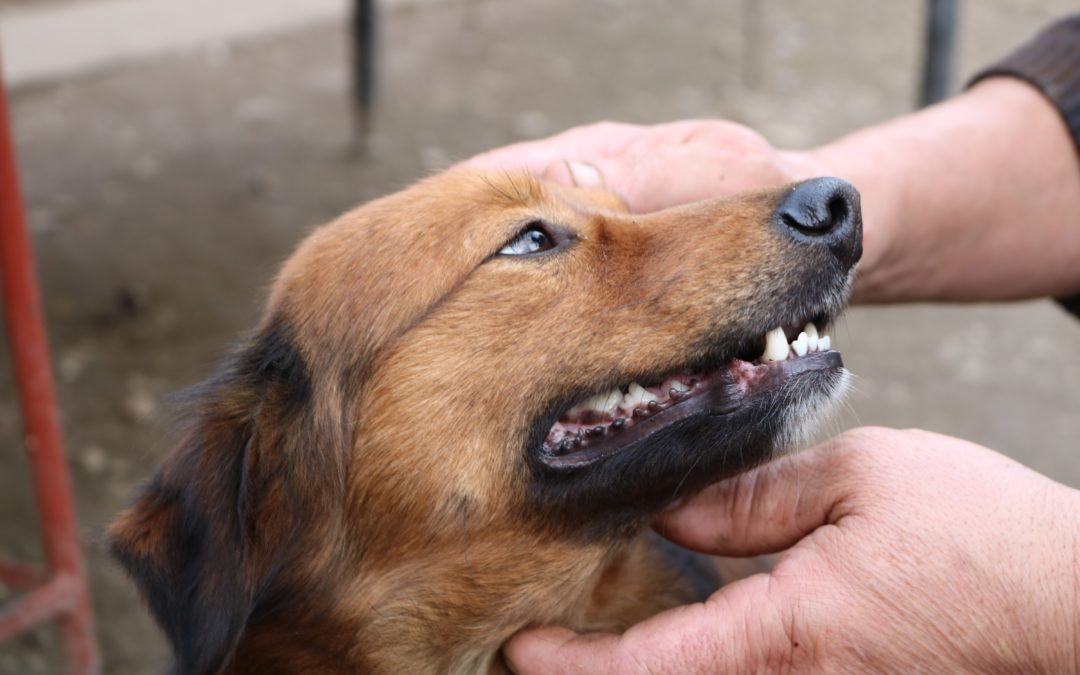My Vet
Animal Hospital
Health Blog
Fun facts, information, and news directly from the My Vet Animal Hospital team!

Health Blog

How to Handle Seizures in Dogs and Cats
What is a seizure?A seizure is commonly known as a convulsion or a fit caused by a sudden surge of abnormal electrical activities originating from the front portion of the brain. It often presents as uncontrolled movements of the body (such as twitching, shaking or...

Putting Your Pet on a Raw Food Diet
What is a raw food diet? Raw food diets have become increasingly popular among pet owners. A raw food diet is defined as a diet where the ingredients are uncooked and derived from animals. These ingredients can include the bones, skeletal muscles, internal organs,...

Pregnancy and Birthing in Cats and Dogs
What is the length of pregnancy? The length of pregnancy, also referred to as the gestation period, is approximately 61-65 days (average of 63 days) in a cat or dog. How will I know if my furbaby is pregnant? To determine if your furbaby is pregnant, an abdominal...

Pancreatitis in Dogs
What is the pancreas?The pancreas is a vital organ which lies on the right side of the abdomen. It has 2 main functions: To produce enzymes which help in food digestion (carbohydrates, proteins and fat) To produce hormones like insulin and glucagon, which regulates...

Urinary Tract Infections (UTIs) in Dogs
Urinary tract infections (UTIs) in dogs, especially females, are fairly common compared to cats. UTIs occur when bacteria travel up the urethra into the bladder from the outside environment, causing infection and inflammation (bacterial cystitis). If left untreated,...

Dental Disease
Why is dental care important?Recent studies indicate 70% of adult cats and 80% of adult dogs show symptoms of oral disease by the time they are 3 years old! Just like humans, we only have one set of adult teeth for life so it is important that we look after them. If...

Retained Deciduous (Baby) Teeth in Dogs
What are retained deciduous (baby) teeth?Just like human beings, dogs have a set of deciduous (baby) teeth, which fall out and are replaced by a set of permanent adult teeth. Most puppies lose their baby teeth when they are around 4-5 months old, however, some smaller...

Chronic Kidney Disease in Pets
What is chronic kidney disease?Kidneys are responsible for filtering the chemicals you want to keep in the body from chemicals that need to be removed in the urine, balancing salts and mineral levels (e.g. electrolytes), and maintaining appropriate water levels within...

Chocolate Toxicity
Did you know chocolate is very toxic to our furry friends? Why is chocolate toxic to my pet?Chocolate is toxic to dogs and cats mainly due to a chemical called “theobromine” It acts similarly to caffeine and will speed up the heart rate, stimulate the nervous system...

Blocked Cat
What is a “blocked cat”?The fancy term for a “blocked cat” is feline lower urinary tract obstruction. This means the urethra (the tube that runs from the bladder to the outside world) is blocked. When this tube is blocked, your cat can’t pee. They will probably try,...


